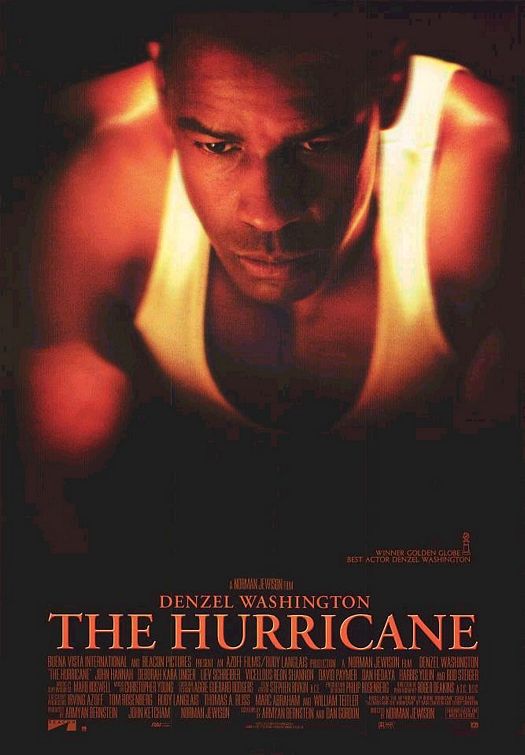“Here comes the story of the Hurricane, The man authorities came to blame, For something that he never done. Put in a prison cell, but one time he could-a been the champion of the world.” Those are lyrics from a song by Bob Dylan. Bob Dylan made this song to give justice to the man known as Rubin “The Hurricane” Carter. This song explains the trials and tribulations of Rubin’s life. Rubin Carter was born in Clifton, New Jersey (apbspeakers.com p1). When Rubin was a young man he was teased. He was teased due to a speech impediment that he had. The only way Rubin knew how to deal with this was to fight. Carter had to get out of that kind of atmosphere, so he enlisted in the United States army. It was there where he learned how to box. Carter became The European Welterweight Champion two years in a row. This was the first thing he really excelled in. Rubin began his professional boxing career in 1961 (apbspeaker p1). Carter was known for knocking out his opponents in the first round with his vicious left hook. Carter soon became known as “the Hurricane.”
All of his glory came to a screeching hault in 1966. Rubin Carter and a teenager named John Artis were arrested for the murders of three people in a New Jersey bar. They were convicted and sentenced to three life terms in prison.
The electric chair was sought to be the way for Rubin and Artis to go. They both kept their innocence and weren’t sent to the electric chair. While Carter was in jail he published a book about himself. This book was called the sixteenth round. “Carter went from the number one contender to number 45472 (apbspeakers.com p2).” While Carter and Artis were in jail they were known all over the world for civil rights. Rubin Carter received most of the fame with the song “Hurricane” by Bob Dylan. Bob Dylan believed that the men were innocent. Rubin even had support from the most famous boxer in the world, Muhammad Ali! After evidence showed that perjury and vital evidence has been  withheld from the defense, all of the convictions were thrown out by the New Jersey Supreme Court. When Carter and Artis thought they were free they were wrong. The men were retried and convicted for the murders. Rubin didn’t give up hope. But Artis did give up hope. He just couldn’t take it and died while in prison. Rubin finally was able to tell his side of the story to the Federal Court. He did this with the assistance of Myron Beldock and Professor Leon Friedman in 1985. “The United States District Court ruled that Carter’s conviction had been based on racism rather than reason and concealment rather than disclosure and that his imprisonment had been a travesty (apbspeakers.com p2).” This man was held in jail for more than nineteen years for a crime he did not commit. Also a innocent adolescent died while incarcerated for a crime he never committed. Finally in 1988 this indictment against Carter was dismissed and all over. Many attempts were made after this to put Carter back in jail, but none were successful.
withheld from the defense, all of the convictions were thrown out by the New Jersey Supreme Court. When Carter and Artis thought they were free they were wrong. The men were retried and convicted for the murders. Rubin didn’t give up hope. But Artis did give up hope. He just couldn’t take it and died while in prison. Rubin finally was able to tell his side of the story to the Federal Court. He did this with the assistance of Myron Beldock and Professor Leon Friedman in 1985. “The United States District Court ruled that Carter’s conviction had been based on racism rather than reason and concealment rather than disclosure and that his imprisonment had been a travesty (apbspeakers.com p2).” This man was held in jail for more than nineteen years for a crime he did not commit. Also a innocent adolescent died while incarcerated for a crime he never committed. Finally in 1988 this indictment against Carter was dismissed and all over. Many attempts were made after this to put Carter back in jail, but none were successful.
The story of this man and his 19 year long fight was made into a movie. Norman Jewison was the director of this movie called “The Hurricane”. Denzel Washington played the part of Rubin Carter. This movie is a great representation of what happened, but there’s a few differences. Carter’s white supporters do some good deeds, from the adoption of a black teen to relocate to the U.S. in order to free Rubin. The director wanted to show that there are good and bad in this world. The trio that helps Rubin is considered “good people” and the racist cop is “the bad guy”. These characters are fiction, but make this movie more dramatic.
The cop was fictitious, but showed the ignorance that put Rubin in jail. The cop just tried to make Rubin’s life miserable. That cop did in fact make his life miserable for more than 19 years. In prison, Carter makes up his mind that his mission must now be to live in prison forever with dignity and internal justification. He never leaves his cell because he’s training himself. In the end this movie makes a very convincing case to oppose capital punishment.
Today Carter is a speaker all over discussing issues such as wrongful convictions and the death penalty. He lives in Toronto, Ontario. He was also was honored by the World Boxing Council with the WBC Championship Belt
